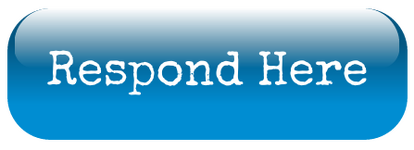Folk, I’d like to put together a definitive reading list for writers, please – with your help.
I want it to consist of books – only books – that have taught you something important about the art and craft of writing. Books that are in some sense definitive about the craft. Books you can personally recommend.
I want to put this together for the benefit of other writers, people who may be just starting out on their writing journey and have little idea of where to turn for advice – all forms of advice, from plotting and character construction through to the business end of the, er, business.
Why is this necessary? Well, I think we’d all have benefited from something like this when we first started out. Core reading material, stuff that quickly gets you up to speed.
Also, the rise – tsunami is more like – of expensive writing courses and seminars is somewhat dismaying. While you can certainly learn something from many of these offerings, (a) their significant costs and (b) drip-feeding / rationing of content are both concerning. If we’re writers, surely we believe in the power of the book – not in the power of the three-hour video seminar!(*)
Given the choice between Stephen King’s On Writing for £5.99 or some overblown seminar for twenty time the cost of King’s book… I know which I’d prefer.
So please help me put together a definitive reading list for writers – and remember, it’s your own personal views, thoughts and recommendations that I really want.
Your entries will be published in this thread, feel free to comment.
(*) I’ll be unleashing many more video seminars on a largely-unsuspecting world in the new year. Am I being a hypocrite? No. because they’re all included in your subscription here. And I enjoy doing them
I want it to consist of books – only books – that have taught you something important about the art and craft of writing. Books that are in some sense definitive about the craft. Books you can personally recommend.
I want to put this together for the benefit of other writers, people who may be just starting out on their writing journey and have little idea of where to turn for advice – all forms of advice, from plotting and character construction through to the business end of the, er, business.
Why is this necessary? Well, I think we’d all have benefited from something like this when we first started out. Core reading material, stuff that quickly gets you up to speed.
Also, the rise – tsunami is more like – of expensive writing courses and seminars is somewhat dismaying. While you can certainly learn something from many of these offerings, (a) their significant costs and (b) drip-feeding / rationing of content are both concerning. If we’re writers, surely we believe in the power of the book – not in the power of the three-hour video seminar!(*)
Given the choice between Stephen King’s On Writing for £5.99 or some overblown seminar for twenty time the cost of King’s book… I know which I’d prefer.
So please help me put together a definitive reading list for writers – and remember, it’s your own personal views, thoughts and recommendations that I really want.
Your entries will be published in this thread, feel free to comment.
(*) I’ll be unleashing many more video seminars on a largely-unsuspecting world in the new year. Am I being a hypocrite? No. because they’re all included in your subscription here. And I enjoy doing them
Last edited:


